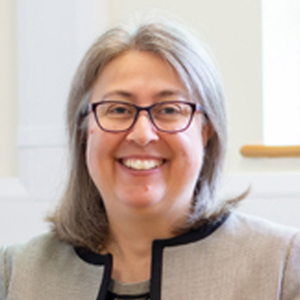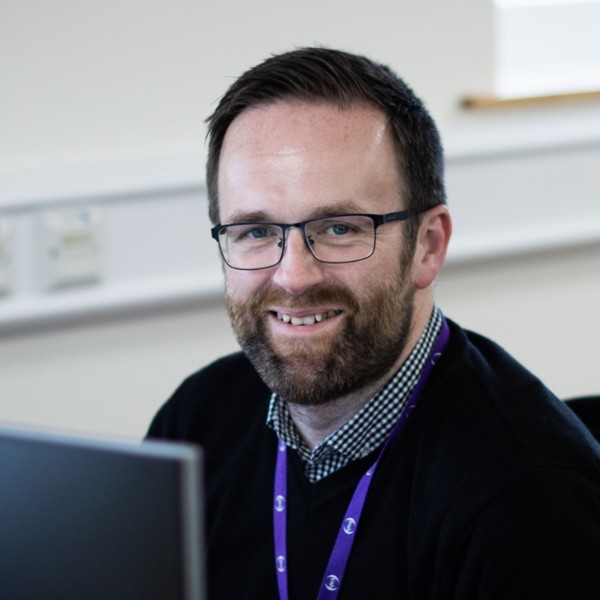Delivering safer and healthier work
Coming together to support rural Africa
- Date posted
- 12 July 2024
- Type
- News
- Author
- Marcus Boocock
- Estimated reading time
- 5 minute read
From shea butter farmers and textile weavers in northern Ghana to fishmonger women and quarry scavengers in Kenya, women across rural Africa face significant risks to their health and safety at work every day.
Heat exposure and musculoskeletal disorders caused by work mean many women employed as shea butter farmers are unfit to work by the time they are in their 40s, while textile weaving has a similarly damaging effect.
Fishmonger women can include spike injuries among the predominant health and safety risks they experience while many quarry scavengers die at work because of the harsh conditions they face.
Now, IOSH is seeking to improve the working conditions faced by these women and to make their lives better. Fuelled by a vision of a safe and healthy world of work for all, IOSH is working with partners to deliver practical solutions which will prevent workplace harm in rural Africa.
Reducing harm
“In collaboration with our partners, we identified the need for help for these people, who all experience chronic workplace harm,” said Vanessa Harwood-Whitcher, Chief Executive of IOSH, which represents 50,000 health and safety professionals in around 130 countries.
“We firmly believe no one should be harmed by the work they do. But harm is something these women put up with every day. In many cases, it means they are no longer able to work and, for some, the harm is fatal.”
Vanessa Harwood-Whitcher
- Job role
- Chief Executive
- Company
- IOSH
IOSH has linked up with partners including the International Labour Organization, the International Social Security Association, Commonwealth Business Women Africa, Department of Occupational Safety and Health Services Kenya and Ghana’s Ministry of Labour Relations to achieve its goals.
Work began last year when IOSH’s members and health and safety professionals on the ground in Ghana and Kenya conducted risk assessments of the current conditions faced by the workers.
This has already led to progress towards helping some of the workers, including the formation of a co-operative, Lana Empire Africa, in Ghana, which has brought the women working with shea butter and the textile weavers into the formal economy.
This means their work is regulated to the extent which they can sell their produce officially to international buyers at higher prices and in much greater volumes. In addition, a round of funding is in place to acquire land, property and machinery which will enable a scale of production while removing many of the causes of harm currently affecting the women.
Meanwhile, land has been secured at Kajiado near Nairobi, Kenya, to enable the quarry workers to grow crops and work safely on the production of their highly-prized beadwork in a workshop that will also act as a shop for tourists in the area. And in Kisumu, the fishmonger women are being trained to safely produce high-value fish leather and pig food from the bi-products of their current fish processing work and talks are underway with banks and Kenyan social development funds to provide financing for this.
"Due to the remoteness of the villages where these women work, they thought everyone had left them behind as no one was ready to travel four hours from the airport to reach them. Our work with IOSH has given them belief and hope."
Helena Abotiwine
Next phases
The next project phases include several tactical goals:
setting up a temporary work shed with welfare facilities for weavers and improving loom safety; acquiring nut grinders to eliminate hand‑grinding for shea butter workers; providing protective gear and fire guards for shea butter workers and fishmongers; and transitioning quarry workers into new skills such as making fishing flies while farmland is developed and the beadwork factory is built. All workers will also receive training on hazards and harm prevention.
Vanessa added: “We are in the very early stages of this work – providing healthy, safe and sustainable working conditions for these people is not something that can happen overnight. But, by collaborating with our partners and through investment from others, we can really lead the way to a brighter future for them.”
IOSH has worked with a number of experts on the ground in the project, including philanthropists Helena Abotiwine in Ghana and Nana Wanjau in Kenya.
Helena Abotiwine said: “Due to the remoteness of the villages where these women work, they thought everyone had left them behind as no one was ready to travel four hours from the airport to reach them. Our work with IOSH has given them belief and hope. Moving them into the formal economy is a big step forward and we are now seeing significant demand for what they produce. But we need to do more. We need to provide shelter for these workers, provide equipment and skill them up.”
“A lot of progress has happened, including the acquisition of land. But we need to speed up the process of getting them help as they’re in a perpetual poverty cycle and the lack of health and safety they experience is something we cannot ignore. These are hard working women and we are keen to get partners on board who can help with our work to support them.”
Nana Wanjau
Coming together
Find out more about how you or your organisation can support the projects, and watch the documentary series.
Last updated: 10 February 2026
Marcus Boocock
- Job role
- PR and Public Affairs Manager
- Company
- IOSH
 IOSH
IOSH




